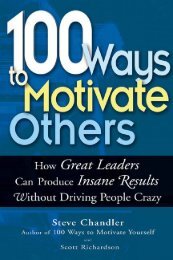Kundalini.Tantra.by.Satyananda.Saraswati
You also want an ePaper? Increase the reach of your titles
YUMPU automatically turns print PDFs into web optimized ePapers that Google loves.
Chapter 9<br />
Cross-cultural Evidence<br />
<strong>Kundalini</strong> is a transcendental phenomena, one which lies outside of time and space.<br />
We cannot understand how powerful the experience of kundalini awakening really is, but<br />
we can see its effects on our lives and the effect that awakening has had in terms of<br />
changes and functioning of society and various cultures. For example, the effect of<br />
kundalini awakening is said <strong>by</strong> many researchers and yogis to be at the basis of the<br />
experiences had <strong>by</strong> Christ, Buddha, Krishna, Rama and other great religious and spiritual<br />
figures from history.<br />
While researchers continue to scientifically probe the phenomena itself, its<br />
components, its related events and ramifications and its ability to affect machines,<br />
another type of researcher is examining the phenomena in its social setting and<br />
anthropologically. As a universal phenomena we can see kundalini everywhere, in every<br />
culture and at all times. John White states:<br />
"Although the word kundalini comes from the yogic tradition nearly all the world's<br />
major religions, spiritual paths and genuine occult traditions see something akin to the<br />
kundalini experience as having significance in divinizing a person. The word itself may<br />
not appear in the traditions, but the concept is there nevertheless, wearing a different<br />
name yet recognizable as a key to attaining a God-like stature." (1)<br />
Altered states<br />
<strong>Kundalini</strong> induces an altered state of consciousness (ASC), that is, it takes us to<br />
realms of inner experience beyond those normally accessible to modern man. Arnold M.<br />
Ludwig writes, "Beneath man's thin veneer of consciousness lies a relatively uncharted<br />
realm of mental activity, the nature and function of which have been neither<br />
systematically explored or adequately conceptualized." (2)<br />
Ludwig and other ASC researchers cite daydreaming, sleep and dreams, hypnosis,<br />
sensory deprivation, psychosis, hysterical states of dissociation and depersonalization,<br />
pharmacologically induced mental aberrations, sleeplessness, fasting and meditation as<br />
examples of ASCs. Anything can induce an ASC, any place or event can trigger a change<br />
in consciousness, however, usually we have to manoeuvre ourselves or use some agent to<br />
<strong>by</strong>pass the so-called "normal" functioning of the brain. We can say that our normal state<br />
of consciousness is the one in which we spend most of our waking lives.<br />
There are many people, however, who believe that the state of consciousness most<br />
people exist in is very limited and fixed, itself a retarded, degenerate and unhealthy state<br />
which induces fear of change, neurosis and disease. In terms of our inner experiences we<br />
are like retarded dwarfs, like the flea kept under a glass who, after hitting its head on<br />
the glass a number of times, ceases to jump hundreds of times its own height but rather,


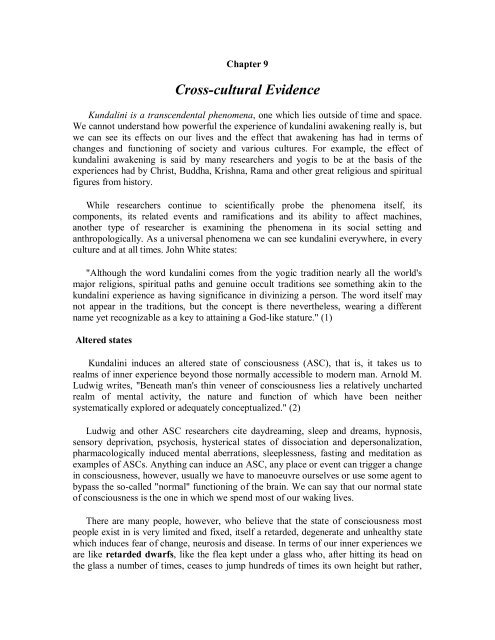



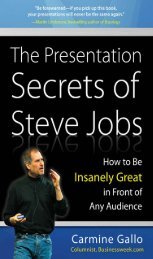
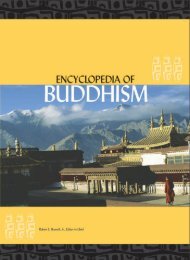





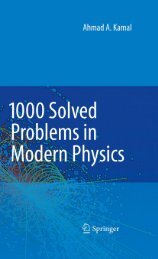
![[Lonely Planet] Sri Lanka](https://img.yumpu.com/59845622/1/169x260/lonely-planet-sri-lanka.jpg?quality=85)
